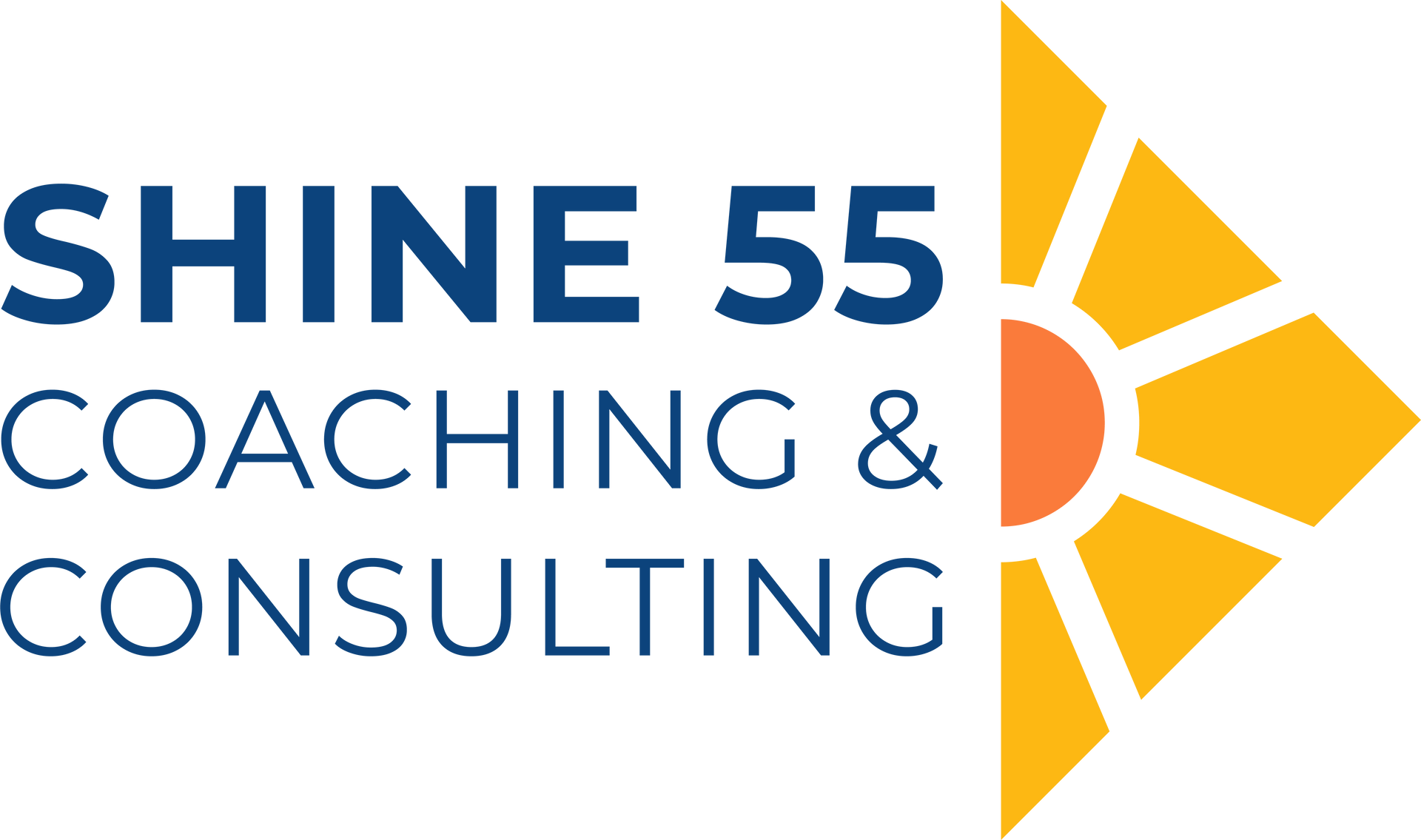Instilling Confidence - Every Word Matters
According to a study by psychologist Joyce Brothers “women who are confident of their abilities are more likely to succeed than those who lack confidence, even though the latter may be much more competent and talented and industrious.” Whilst the research was specifically based on women, we can assume that the principle applies universally. So why not give yourself the best opportunity of success by excelling in your performance AND creating a confident impression, even when you may not feel it inside.
Tone of voice, body language, and what you wear are all well-known contributors to creating a positive impression. For the purpose of this blog let’s assume your knowledge and expertise are a given, so we can focus on words. Here’s a personal experience for you. This morning, I was following up on an email exchange I’d had a couple of weeks ago with a prospective coaching client. Initially I started the email with ‘I just wanted to check in.’ Aside from my own eyes rolling at the phrase ‘check in,’ it quickly dawned on me that I was setting myself up to fail. I may as well have said ‘I’m so sorry I’m taking up your valuable time and that I have no confidence that I will add value to your day.’ By using the word ‘just’ I am automatically devaluing or downplaying the value of what I am saying. It can confuse your audience about the point you’re making or how strong your opinion is. Other phrases that fall into the tentative language camp are ‘can I just,’ ‘I’m not sure if,’ ‘I’m no expert but?’
In 29 research studies, women are more likely to use tentative language. To erase all element of doubt, I am not in the camp of strong language being good and weak/tentative language being bad. Tentative phrases have their place when used wisely. Finishing a sentence with ‘don’t you think’ or isn’t it’ may be perfectly appropriate when seeking a collaborative approach or ‘polling’ views to a suggestion you’re raising. It’s a valuable way of expressing interpersonal sensitivity, an important strength in leadership. What I am saying is that every word counts if you want to convey confidence.
How to stop poor language sabotaging your success:
1 - Take a breath and count to 3
Nerves get the better of everyone at some point; your heart is racing, your body temperature is rising, and a mist of uncertainty starts to wash over you. Take a breath and count to 3. It may feel a lifetime to you, but rest assured your listeners will barely notice it, and it provides valuable time to construct a strong sentence, see tip 2 below. The ability to be calm through silence projects confidence, and stops filler words like ‘um’ or ‘oh’ creeping in.
2 - Create certainty
Phrases such as ‘I think,’ ‘I feel’ and ‘I believe’ convey a deep level of sensitivity, but if overused they can spill over into situations where caution is unnecessary. Switch from a conditional state to a declarative stance by using these examples:
From: I think/I believe/I feel
To: I am confident that/I expect to/I am certain that/I am convinced
3 - Less is more
The importance of brevity isn’t new news I’m sure, but did you know that only 20-28% of words get read/absorbed? If your audience is having to work too hard to identify key points, your message won’t land. Ensure your ask/killer fact is on the table from the outset. Everyone’s busy so pique their interest from the outset.
4 - 'Because' is a powerful word
I normally focus on recent research but this study from Ellen Langar at Harvard in 1978 is a classic. Back in the day, photocopiers were an essential piece of kit in any office environment often resulting in queues of people waiting to use them. Researchers asked people to use one of 3 differently worded requests to get them to the front of the line:
1. Excuse me, I have 5 pages. May I use the photocopier?
2. Excuse me, I have 5 pages. May I use the photocopier because I have to make copies?
3. Excuse me, I have 5 pages. May I use the photocopier because I’m in a rush?
Using the word ‘because’ ensured that over 90% of people got to move to the front of the line, versus 60% for phrase 1. What is surprising is that even when the rationale for going to the front of the line was weak e.g. phrase 2 - because I have to make copies, it still had a positive impact, 93% of people were successful with phrase 2 versus 94% for phrase 3.
5 - Be yourself
Remember your personal brand, be yourself, and communicate in a way that you can stand behind. If you start trotting out hackneyed phrases (cue ‘checking in’) or you come across as a different person in every situation, you become memorable for the wrong reasons.
And finally, practice makes perfect. Whilst it may seem a lot to take on board every time you communicate, over time, these 5 tips will become second nature. Keep practising!
If you'd like to find out how we can work together on building and projecting confidence, please get in touch.
If you enjoyed this blog and think colleagues, friends or family may also enjoy reading it, please feel free to share:











